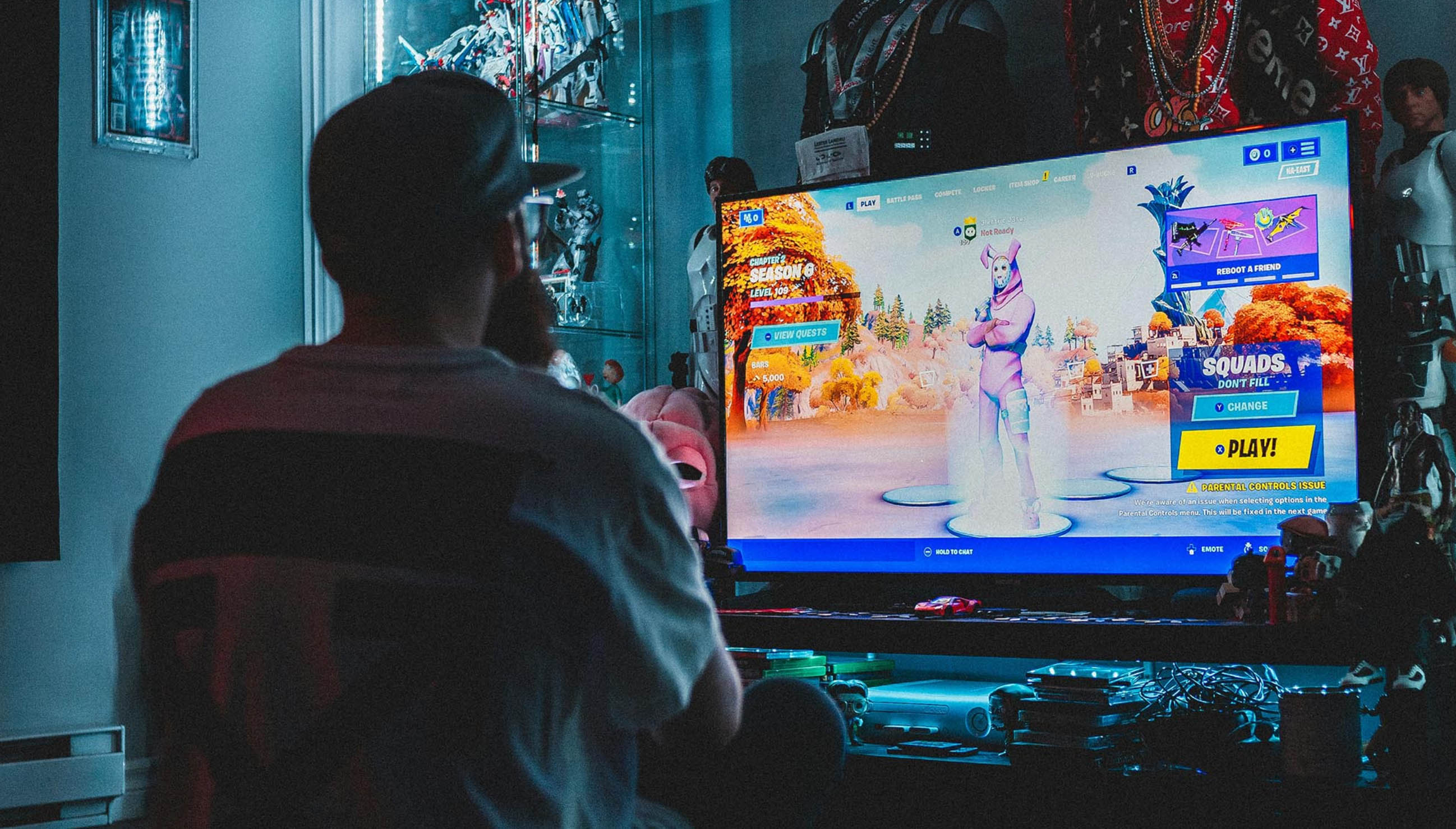Gaming for Good: How Video Games are Tackling Social Issues and Promoting Mental Well-being

The video game industry, once primarily associated with leisure and entertainment, is undergoing a significant transformation. Today, games are emerging as powerful tools for tackling social issues, raising awareness, and promoting mental well-being. This “Gaming for Good” movement is pushing the boundaries of the gaming experience, showcasing the positive impact video games can have on individuals and society as a whole.
Raising Awareness for Social Causes:
Video games are no longer shy about addressing real-world problems. Environmental issues like climate change are being tackled by games like “Before We Leave,” a city-building simulation that challenges players to establish a sustainable society on a new planet. Games like “Endling - Extinction is Forever” place players in control of the last fox on Earth, raising awareness about endangered species and habitat loss. These titles use engaging gameplay mechanics to educate players about pressing environmental concerns and inspire them to take action.
Promoting Mental Health Awareness:
Mental health is another crucial area where video games are making a positive impact. Games like “Hellblade: Senua’s Sacrifice” use immersive storytelling to depict the protagonist’s struggles with psychosis, fostering empathy and understanding for mental health conditions. Titles like “Sea of Solitude” explore themes of isolation and loneliness, resonating with players who may be experiencing similar struggles. These games create safe spaces for players to explore complex mental health issues and normalize conversations about seeking help.
Building Social Connections and Empathy:
Gaming can be a powerful tool for fostering social connections and building empathy. Massively multiplayer online games (MMOs) like "Final Fantasy XIV" create vibrant online communities where players from all over the world can collaborate, socialize and build friendships. Games like "That Dragon, Cancer" allow players to experience the emotional journey of a family dealing with childhood cancer, fostering empathy and understanding for real-world challenges.
Beyond Entertainment: Educational Value:
Gaming is no longer just about entertainment. Educational games are leveraging the power of interactivity to make learning engaging and accessible. Games like "Minecraft: Education Edition" allows students to explore virtual worlds, collaborate on projects, and learn about a variety of topics in a fun and immersive way. Historical simulations like "Sid Meier's Civilization" provide players with a chance to experience history firsthand, fostering a deeper understanding of different cultures and eras.

Many gaming communities are actively involved in philanthropy and fundraising for worthy causes. Charity streams, where gamers play video games and encourage viewers to donate to specific charities, have become a popular way to raise awareness and funds for important causes. Esports tournaments frequently integrate charitable components, with a portion of the proceeds going towards social good initiatives. These efforts demonstrate the growing commitment of the gaming community to making a positive impact on the world.
The “Gaming for Good” movement is still in its early stages, but its potential for positive impact is undeniable. As technology continues to evolve, games will become even more immersive and impactful, tackling a wider range of social issues and fostering deeper connections between players. It’s an exciting future where gaming goes beyond entertainment, serving as a powerful tool for education, social change, and promoting mental well-being for all.










